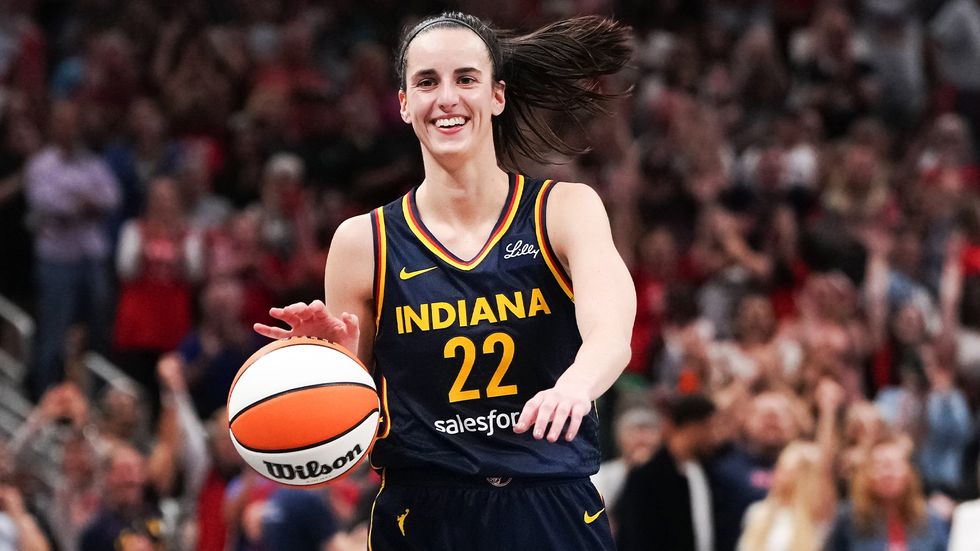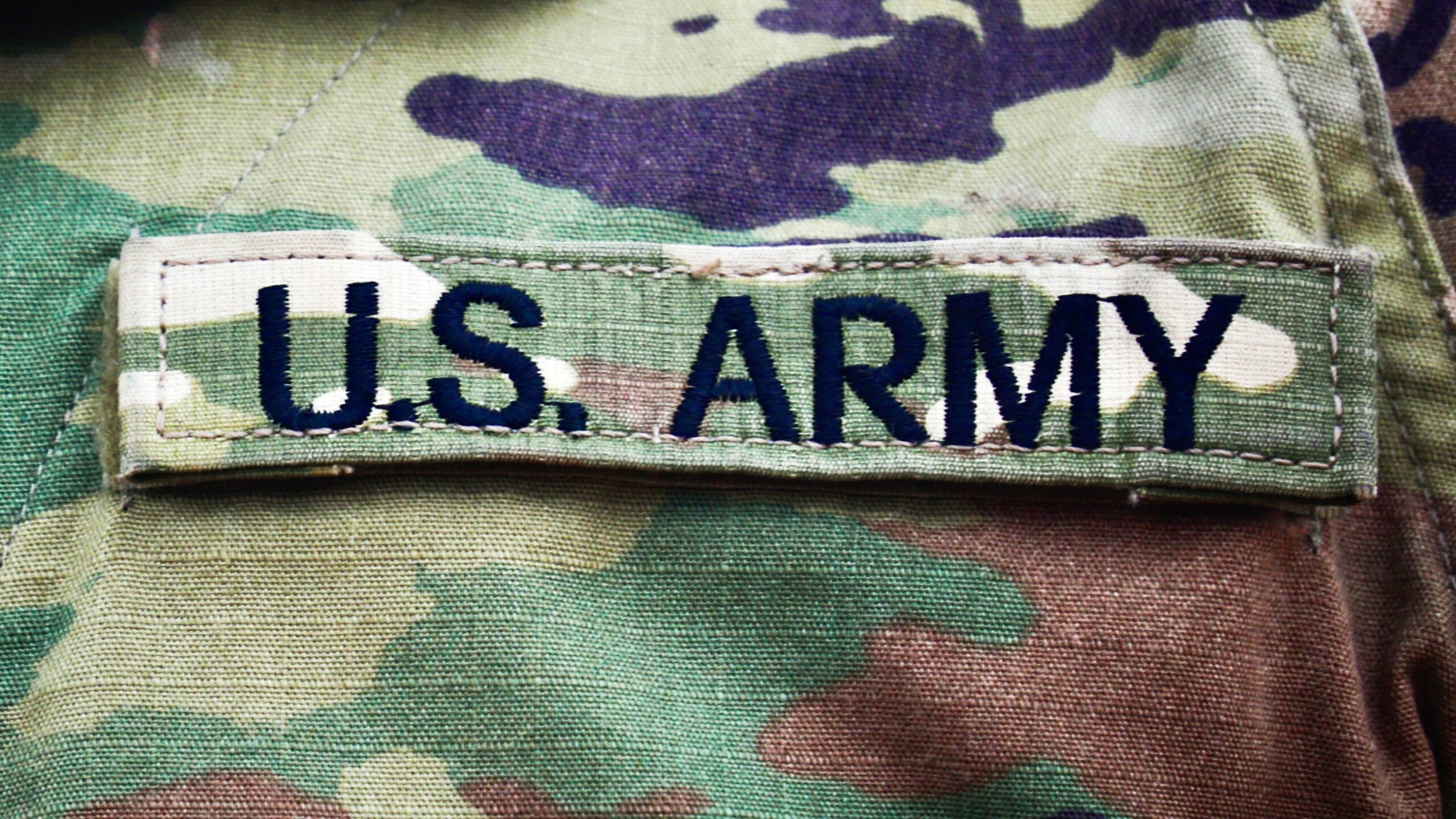The REAL reason the WNBA hates Caitlin Clark fans
The Caitlin Clark effect is the term used to describe the skyrocketing ticket sales, viewership, game attendance, and economic impact the Iowa native has had on women’s basketball. It started in college when Clark played for the Iowa Hawkeyes, and now it’s followed her to the WNBA. With the touch of what seems like a magic wand, the league, having been inconsequential for years, is now widely popular. Since Clark was drafted by the Indiana Fever, attendance across the WNBA has shot up 50% and ESPN ratings doubled since last year. One would think that the WNBA would show gratitude toward Clark, who has drawn the public eye toward the league as a whole, but no – the legend responsible for viralizing women’s basketball is demonized by the very players, coaches, and commentators who should be thanking her. “They get a gift sent to them called Caitlin Clark. She is sprinkling magic all around the WNBA, making a sport that no one likes likeable and watchable, and instead of showing any gratitude towards Caitlin Clark, they have sat out to destroy Caitlin Clark,” says Jason Whitlock. Why the ingratitude? For starters, “she's not black and she's not lesbian,” so she doesn’t “fit the demographics” the woke league wants to elevate. Clark has “played this brilliantly,” though, says Jason. “She has said nothing; she hasn't been aggressive with any of these people; she hasn't done anything.” Having nothing to pin against her, Clark’s critics and adversaries have opted to “complain about her fans” instead. Clark has brought in a demographic that Jason says has long been uninterested in women’s basketball – heterosexual people. “What they're really saying is we don't want heterosexual men and women and their children coming to our sex cult,” says Jason. “They don’t want the demographics inside the arena to change.” “So rather than have this league turn a profit and … begin the process of being able to stand on its own two feet, the alphabet mafia is throwing a riot and a temper tantrum, and it's being very hostile towards Caitlin Clark because they'd like to break her and ruin her and destroy her so that they [can] install … preferably a black lesbian woman as the face of this league,” Jason predicts. “In their delusional minds,” Caitlin Clark is undeserving of the notoriety and attention because “black lesbian women built [the WNBA]” and should therefore be the ones on the pedestal. To hear more of Jason’s commentary, watch the clip above. Want more from Jason Whitlock?To enjoy more fearless conversations at the crossroads of culture, faith, sports, and comedy with Jason Whitlock, subscribe to BlazeTV — the largest multi-platform network of voices who love America, defend the Constitution, and live the American dream.


The Caitlin Clark effect is the term used to describe the skyrocketing ticket sales, viewership, game attendance, and economic impact the Iowa native has had on women’s basketball. It started in college when Clark played for the Iowa Hawkeyes, and now it’s followed her to the WNBA. With the touch of what seems like a magic wand, the league, having been inconsequential for years, is now widely popular.
Since Clark was drafted by the Indiana Fever, attendance across the WNBA has shot up 50% and ESPN ratings doubled since last year.
One would think that the WNBA would show gratitude toward Clark, who has drawn the public eye toward the league as a whole, but no – the legend responsible for viralizing women’s basketball is demonized by the very players, coaches, and commentators who should be thanking her.
“They get a gift sent to them called Caitlin Clark. She is sprinkling magic all around the WNBA, making a sport that no one likes likeable and watchable, and instead of showing any gratitude towards Caitlin Clark, they have sat out to destroy Caitlin Clark,” says Jason Whitlock.
Why the ingratitude?
For starters, “she's not black and she's not lesbian,” so she doesn’t “fit the demographics” the woke league wants to elevate.
Clark has “played this brilliantly,” though, says Jason. “She has said nothing; she hasn't been aggressive with any of these people; she hasn't done anything.”
Having nothing to pin against her, Clark’s critics and adversaries have opted to “complain about her fans” instead.
Clark has brought in a demographic that Jason says has long been uninterested in women’s basketball – heterosexual people.
“What they're really saying is we don't want heterosexual men and women and their children coming to our sex cult,” says Jason. “They don’t want the demographics inside the arena to change.”
“So rather than have this league turn a profit and … begin the process of being able to stand on its own two feet, the alphabet mafia is throwing a riot and a temper tantrum, and it's being very hostile towards Caitlin Clark because they'd like to break her and ruin her and destroy her so that they [can] install … preferably a black lesbian woman as the face of this league,” Jason predicts.
“In their delusional minds,” Caitlin Clark is undeserving of the notoriety and attention because “black lesbian women built [the WNBA]” and should therefore be the ones on the pedestal.
To hear more of Jason’s commentary, watch the clip above.
Want more from Jason Whitlock?
To enjoy more fearless conversations at the crossroads of culture, faith, sports, and comedy with Jason Whitlock, subscribe to BlazeTV — the largest multi-platform network of voices who love America, defend the Constitution, and live the American dream.
Originally Published at Daily Wire, World Net Daily, or The Blaze
What's Your Reaction?

































































































